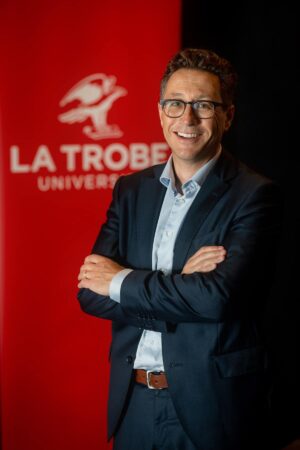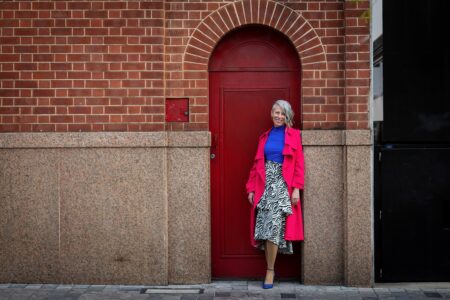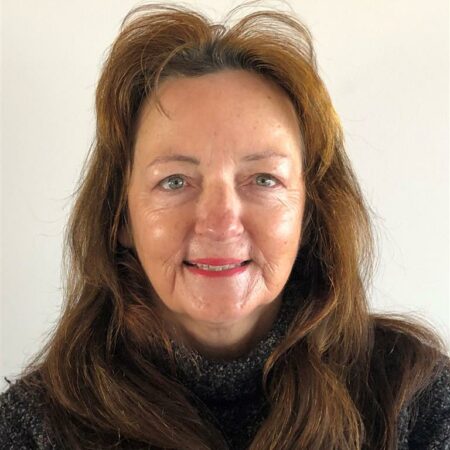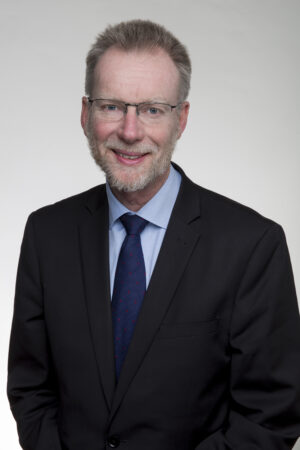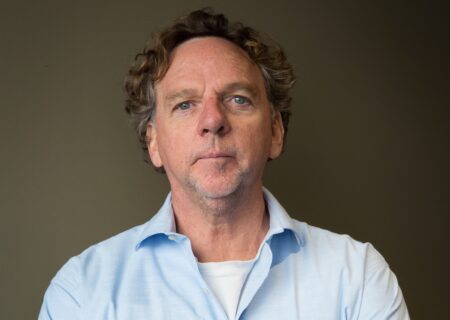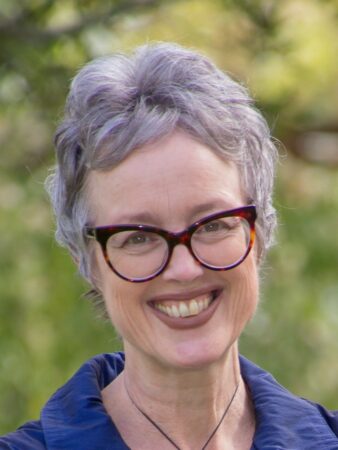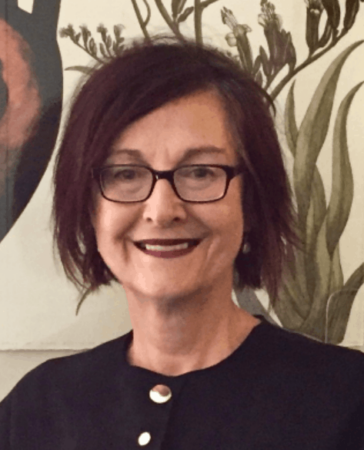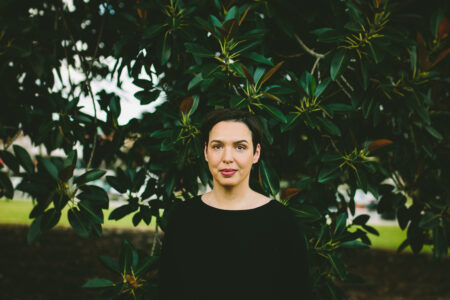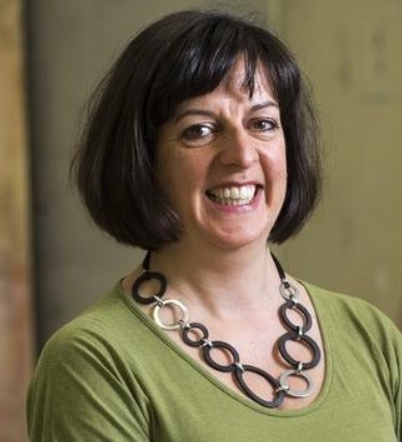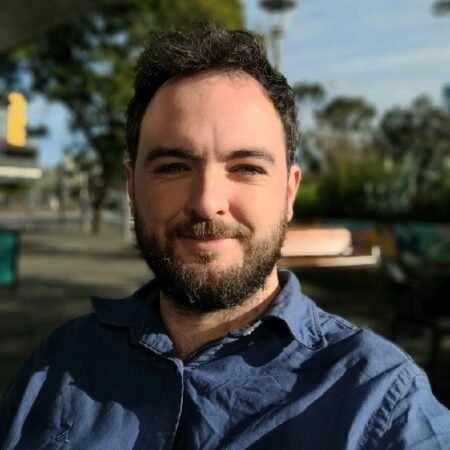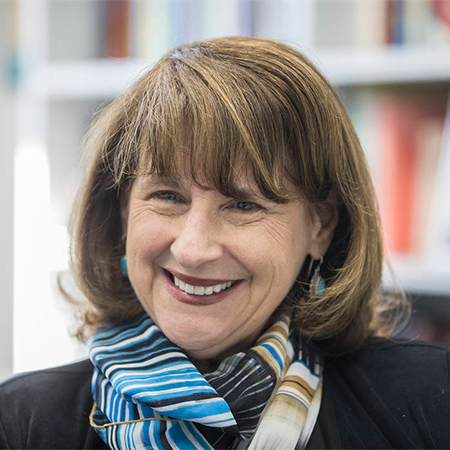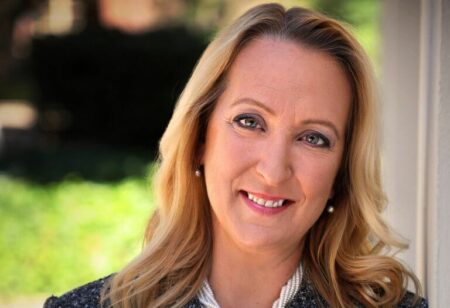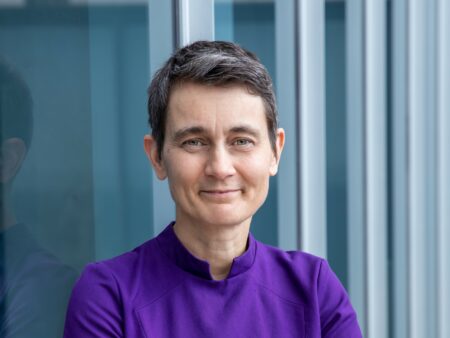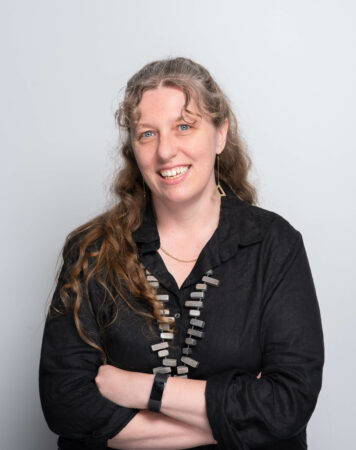Conference Overview
Connected Futures: What Next for Higher Education, Research and Leadership
Building on the success of last year’s Conference, this year’s Conference will focus on connecting – connecting with other disciplines, connecting with community, connecting with industry, and connecting with each other.
The event will be hosted by the University of South Australia and the University of Adelaide from September 18-20.
Join with colleagues from across Australia and Aotearoa New Zealand in Adelaide as we explore issues such as interdisciplinarity in teaching and research, partnering on policy, and the importance of community. All tickets cover the full three days of the Conference, including a sit-down dinner at the National Wine Centre on the Thursday.
Tickets
General admission | $900 ex-GST
Council Members (Deans) | $900 ex-GST
Associate and Deputy Deans | $650 ex-GST
Speakers | More announcements soon
Professor Michelle Tuckey
Professor of Work and Organisational Psychology, Centre for Workplace Excellence, UniSA Justice & Society
University of South Australia
Professor Kurt Lushington
Clinical Psychologist and Research Professor, University of South Australia
Professor Justin O’Connor
Professor of Cultural Economy, University of South Australia
Distinguished Professor Marnie Hughes-Warrington AO
Standing Acting Vice Chancellor, University of South Australia
Associate Professor Tully Barnett
Associate Professor in Creative Industries, Flinders University
Program
Day 1
Venue
Bradley Building
Level 8, Room 18
University of South Australia
Bradley Lawson, corner of North Terrace and Morphett St, Adelaide
Schedule
| 9:00am | REGISTRATIONS | |
| 9:30am | WELCOME TO COUNTRY | |
| 10:00am | CONFERENCE WELCOME Professor Nick Bisley, President, DASSH, Dean of Humanities and Social Sciences, La Trobe University Distinguished Professor Marnie Hughes-Warrington AO, Standing Acting Vice Chancellor, Deputy Vice Chancellor Research and Enterprise, University of South Australia | |
| 11:00am | MORNING TEA | |
| 11:30am | CONCURRENT WORKSHOPS To Linkage or not to Linkage Speakers to be confirmed | CONCURRENT WORKSHOPS GLAMing up for engagement and impact Speakers to be confirmed |
| 12:45pm | LUNCH | |
| 1:45pm | CONCURRENT WORKSHOPS Creative methods and imaginative futures Speakers to be confirmed DEANS’ MEETING AND DASSH AGM | CONCURRENT WORKSHOPS Indigenous Data Sovereignty Speakers to be confirmed |
| 3:00pm | BREAK | |
| 3:15pm | CONCURRENT WORKSHOPS Partnering on Policy This panel considers the collaborative connection between researchers and the arts and cultural sector in better understanding the conditions experienced in the sector and supporting practical knowledge for change, for better practice and for action. We uncover some of the underlying factors that support strong collaboration between universities and the arts and culture sector through knowledge building, policy development, practice and evaluation. We outline some of the effective collaborations for policy action and what we’ve learned along the way. Speakers include: Professor Justin O’Connor, Professor of Cultural Economy, University of South Australia Associate Professor Tully Barnett, Associate Professor in Creative Industries, Flinders University Ms Satu Teppo, PhD Candidate, University of South Australia Ms Christie Anthoney, Head of Public Affairs, Adelaide Festival Centre | CONCURRENT WORKSHOPS Future of languages Speakers to be confirmed |
| 4:30 – 5:00pm | REFLECTIONS |
Day 2
Venue
The Gallery
National Wine Centre
Corner of Hackney Rd and Botanic Rd, Adelaide
Schedule
| 8:45am | REGISTRATIONS |
| 9:15am | WELCOME |
| 9:30am | KEYNOTE ADDRESS TO BE CONFIRMED |
| 11:00am | MORNING TEA |
| 11:30am | STATE OF THE STATES Special guests from the International Council for Arts Deans join us from the United States for a panel discussion. Dr Nancy Uscher, President, International Council for Arts Deans, Dean, College of Fine Arts, University of Nevada, Las Vegas Dr Eileen Strempel, Secretary, International Council for Arts Deans, Inaugural Dean, Herb Alpert School of Music, UCLA AOTEAROA NEW ZEALAND IN FOCUS In-depth analysis of current policy settings in New Zealand. Professor Giselle Byrnes, Provost, Massey University Professor Cynthia White, New Zealand Officer, DASSH, Pro Vice-Chancellor of the College of Humanities and Social Sciences, Massey University |
| 12:45pm | LUNCH |
| 1:45pm | SPECIAL INTEREST GROUP ON AI Speakers to be confirmed SPECIAL INTEREST GROUP ON THE FUTURE OF THE HONOURS PROGRAM Speakers to be confirmed |
| 3:30pm | BREAK |
| 3:45pm | KEYNOTE ADDRESS TO BE CONFIRMED |
| 5:00pm | CANAPES/WINE TASTING The Gallery, National Wine Centre |
| 6:00 – 10:30pm | DINNER The Vines Room and Terrace, National Wine Centre |
Day 3
Venue
Bradley Building
Level 8, Room 18
University of South Australia
Bradley Lawson, corner of North Terrace and Morphett St, Adelaide
Schedule
| 8:45am | REGISTRATIONS |
| 9:00am | HEALTHY WORK ENVIRONMENTS IN A SECTOR UNDER PRESSURE Including break Speakers include: Professor Maureen Dollard, Director, PSC Global Observatory, University of South Australia Professor Kurt Lushington, Clinical Psychologist and Research Professor, University of South Australia Mr Daniel Neser, Research Assistant, University of South Australia Professor Michelle Tuckey, Professor of Work and Organisational Psychology, University of South Australia |
| 11:30am | PRESIDENT’S CLOSING ADDRESS |
| 12:00 – 12:30pm | CONFERENCE ENDS Including lunch |
Highlights from last year
- David Ritter considered how DASSH and other leaders of our disciplines can achieve influence by drawing on the strategies, insights, and lessons of change-agents such as Greenpeace.
- Alec Coles OBE FRSA, Dr Kristiann Allen and Prof John Phillimore shared their experiences engaging with government and outlined some of the strategies that our disciplines can adopt in developing effective relationships with government.
- Dr Jacob Prehn and Jenny Fewster provided an overview of work being done in regards to Indigenous Data Sovereignty, including the establishment of the Governance of Indigenous Data Framework by the Australian Government.
- Amber Cox and Assoc Prof Sarah Midford explored some of the key challenges around being deputy and associate leaders in humanities, arts and social sciences disciplines.
- The Hon Dr Anne Aly challenged us to do a better job of highlighting the significant impact that humanities, arts and social sciences have across so many areas of Australian life.
- Prof Matt McGuire, Prof Rhonda Marriott AM and Tom Goerke discussed the role that universities play in driving the knowledge economy and also touched on the importance of interdisciplinarity.
- Prof Braden Hill, Assoc Prof Steve Kinnane and Mandy Downing shared their vision for a university sector that empowers First Nations communities and enriches the global academic landscape with diverse perspectives.
- Prof Dolores Guerrero shared her experience of the challenges facing humanities, arts and social sciences in the United States while Assoc Prof Sarah Midford outlined current findings on the experiences of early and mid-career academics in our disciplines.
- Prof James Arvanitakis provided an overview of the research being undertaken at the Forrest Research Foundation and spoke about the value that can be brought from HASS and STEM disciplines working together.
- Prof Christina Twomey, Prof Anika Gauja and Prof Alison Ross outlined how the humanities, arts and social sciences can position themselves for successful relationships with the Australian Research Council and its important grant programs.
- In addition to the wide array of speakers from around Australia and the world, we held the Network of Associate and Deputy Deans program as well as the Annual Deans’ Gathering and the DASSH Annual General Meeting.
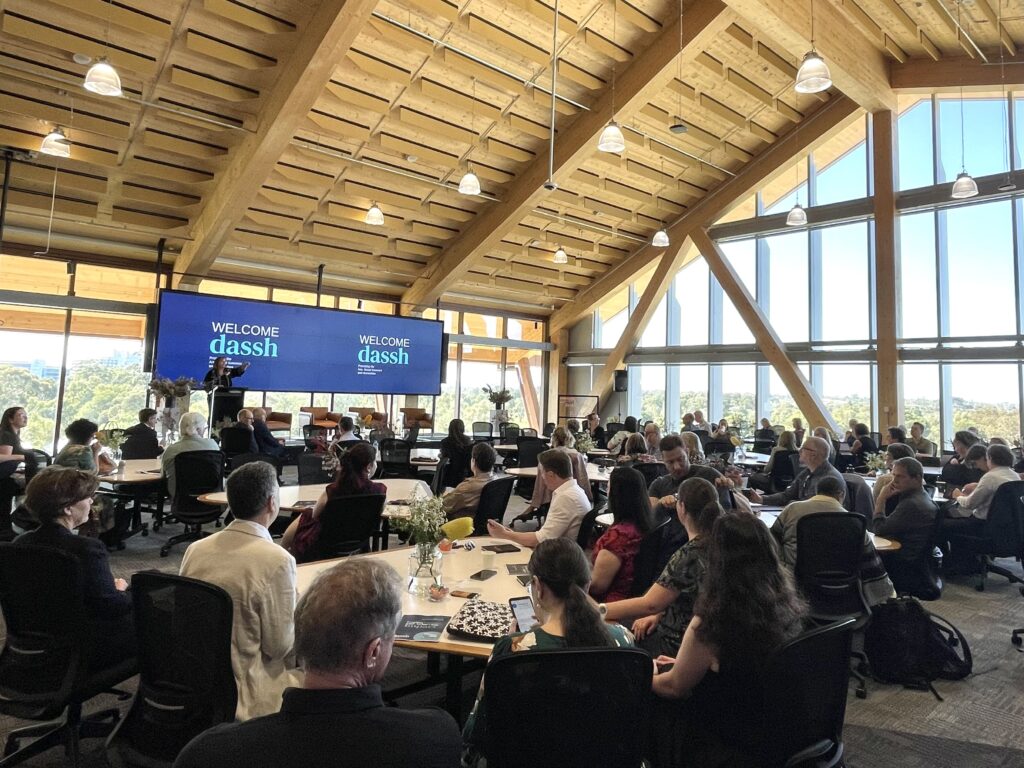
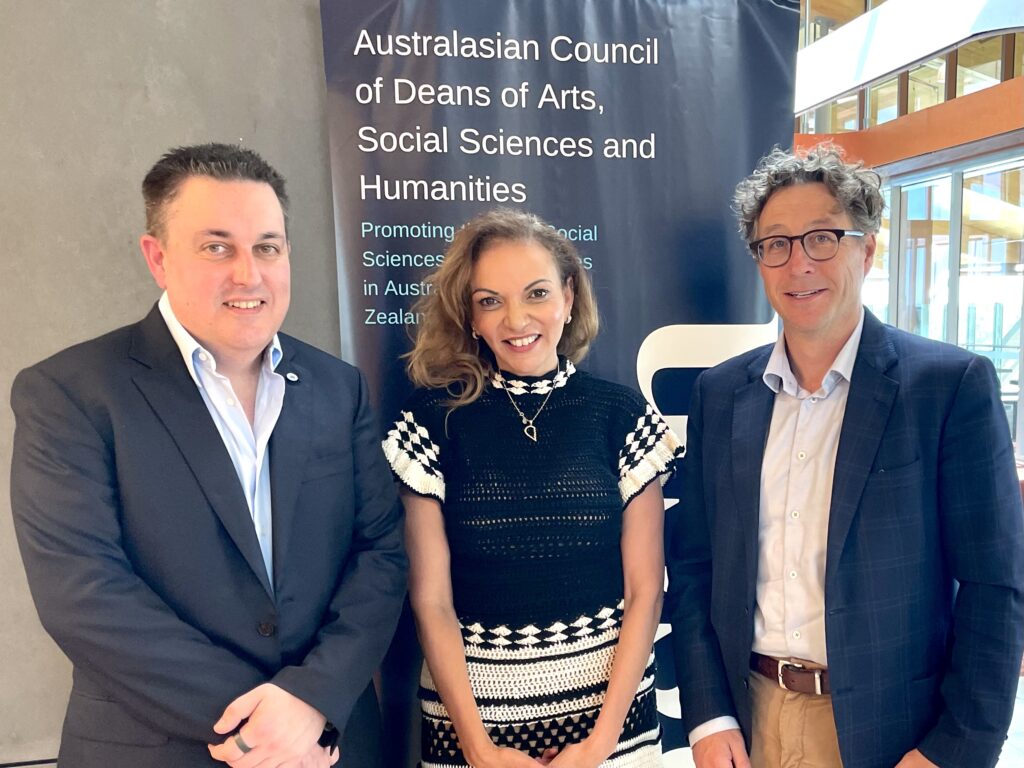
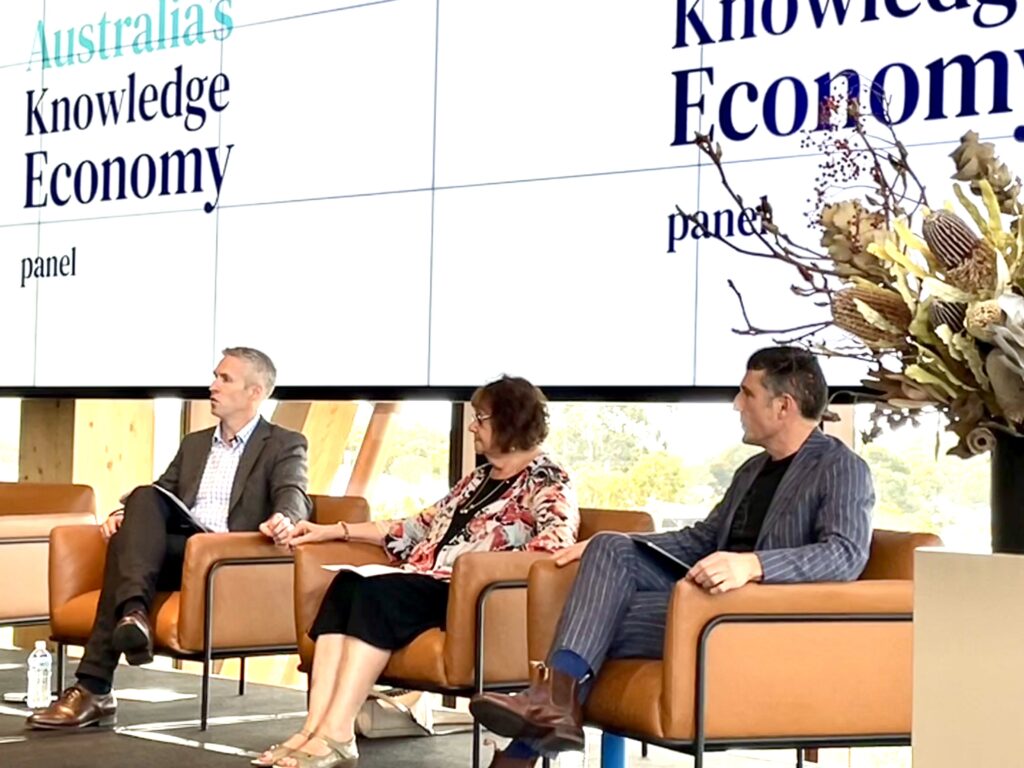
Accommodation
Adelaide has a range of accommodation options close to the University of South Australia and National Wine Centre. We recommend any of the following:
- Adelaide Rockford, 164 Hindley St, Adelaide
- Mayfair Hotel, 45 King William Street, Adelaide
- Hotel Grand Chancellor Adelaide, 65 Hindley St, Adelaide
- InterContinental Adelaide, North Terrace, Adelaide
- Quest on Franklin, 74 Franklin Street, Adelaide
- Oaks Adelaide Horizon Suites, 104 North Terrace, Adelaide
- Oaks Adelaide Embassy Suites, 96 North Terrace, Adelaide

